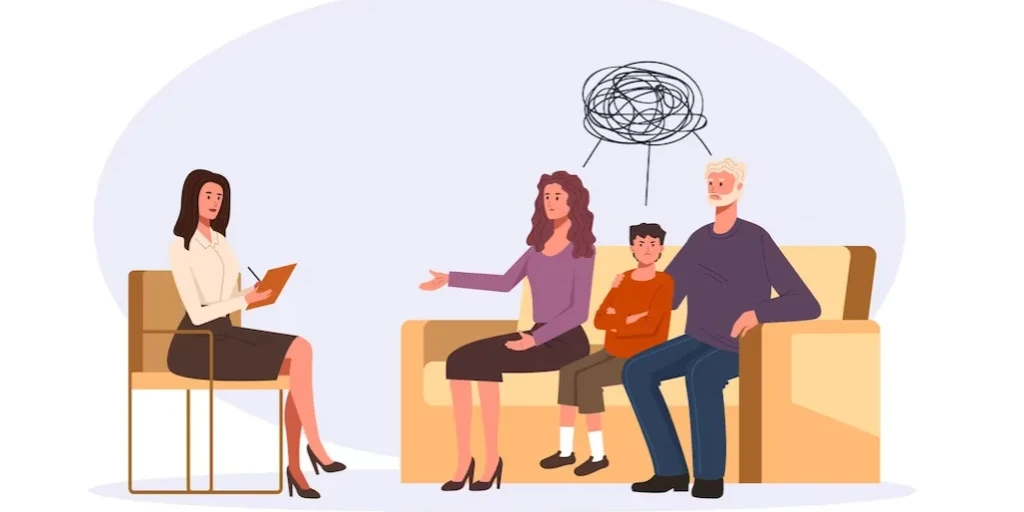24/7 Helpline:
(866) 899-111424/7 Helpline:
(866) 899-1114
Learn more about Individual Therapy centers in Weaver
Individual Therapy in Other Cities

Other Insurance Options

BHS | Behavioral Health Systems

Access to Recovery (ATR) Voucher

Meritain

Anthem

Aetna

Health Net

UnitedHealth Group

BlueCross

Lucent

Providence

Ambetter

American Behavioral
Beacon

MVP Healthcare

Choice Care Network

Humana

Sutter

Coventry Health Care

Excellus

GEHA




























